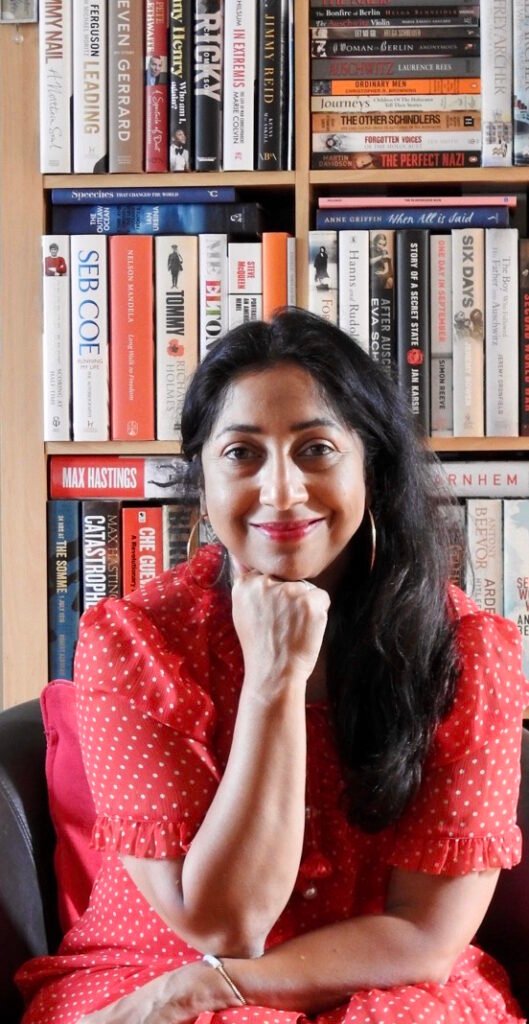By Sangeeta Waldron
India’s Lakmé Fashion Week (LFW) will be held this year from March 16-21 and one brand who will be shaking things up will be an Indo-German sustainable fashion label, called Cocccon, an award-winning social entrepreneurship, project founded in 2012 by Chandra Prakash Jha, a German based Indian fashion designer. After spending almost, a decade in the Indian and international fashion market, Jha decided to redirect his efforts and support his roots, which is Jharkhand in India.
LFW over the years has taken numerous steps to highlight the benefits and importance of sustainable fashion, and the positive impact it has on social and environmental issues. LFW has a strong commitment to sustainability, and for the last five years, during the Week, it has dedicated a day to ‘Sustainable Fashion.’ This has enabled LFW to concentrate its support and promote not only India’s declining handloom sector, but also pioneering start-ups, retailers and innovators, like Cocccon. This has helped push a conscious fashion ecosystem forward.
The fashion industry’s global annual production is 400 billion square meter of textiles, according to data from the Ellen MacArthur Foundation. Now, in a world fighting against a global pandemic, that is also facing the threats of climate change, fashion is waking up to the impact it’s having on the planet, and that sustainability isn’t just a trend. Consumers around the world want better from brands.
Fashion for Biodiversity
Sustainable fashion is accelerating the world of pret and couture. Where production is now about protecting the environment, pursuing and reviving dying traditions and lost legacies, while also helping thousands of struggling artisans. This is the story behind Cocccon, who has a celebrated client list of luxury names and brands and has become well-known for its ‘signature peace organic silk scarves’ of beautiful colours, patterns and prints. Integral to its success and the ethos of its operations, is that Cocccon only produces organic and earthly friendly silk. The whole process of production from start to finish is done with a strong ethical and conscious purpose; where corporate social responsibility is at the heart of Cocccon’s business strategy and brand.
Jha has established a unique business model that creates employment opportunities in rural Jharkhand, which has improved living standards. The production only allows the silk threads to be extracted from the cocoons once the butterflies have safely hatched, meaning only cruelty-free silk is produced. Cocccon has positively impacted the biodiversity of the region and won the German Sustainability Award in 2020 for its work.
Chandra Prakash Jha says, “Cocccon designs and manufactures its textiles with a clear motto of – ‘creativity can care, caring for life and nature.’ We make sure that our designs do not adversely impact the environment. We converted a conventional silk farm into an organic one and processing is done in a new ecofriendly way. It is a system that requires less water, zero chemicals and zero emission. This has resulted in healing and revival of local biodiversity including microbes in the soil. It is all about making responsible textiles for the next generations. We call this Fashion for Biodiversity.”
Peace Silk
Cocccon does not use any type of pesticides or genetic spray for the leaves. Instead, large mosquito netting is used to keep the silkworms safe from harmful insects or birds. By not using any chemical substances on the host trees for the silkworms, has meant there are opportunities for double-crop production, where the cultivation of rice and potato has been successful alongside the host trees for the silkworms. Consequently, the entire region is significantly greener than it has previously been.
Jharkhand is the largest producer of ‘Tasar silk’ (a non-mulberry silk) in India and at Cocccon’s farm, the silk butterflies hatch out the cocoons themselves and then every empty cocoon is checked, and only then sent on to the degumming unit. This is why Cocccon’s silk is known as ‘peace silk’ or ‘non-violent silk.’
Cocccon is a modern form of rural cooperation, where it has a decentralized production, that allows the silk farmers, spinners, weavers, and others to work directly from their own areas. Where all these different units are well connected with a headquarters, that also provides storage for cocoons, yarns and textiles. The silk growers and the weavers have a comfortable lifestyle, where their children attend school; and the women are trained and employed, which gives them a social and economic independence.
Chandra Prakash Jha says, “We are proud to be showcasing the success of Cocccon at LFW and very proud to announce that we have just become a member of the World Fair Trade Organisation! We are a business based on social responsibility, where the core elements of manpower, ecology, and natural resources work in harmony. We want to inspire others not just in India, but around the world about what is possible.”
Jha has cleverly installed a project that has become an example for the fashion industry, showing that fashion and nature can exist in unity.
Sangeeta Waldron’s book CORPORATE SOCIAL RESPONSIBILITY IS NOT PUBLIC RELATIONS is Available at Amazon India

(Sangeeta Waldron, Founder, Serendipity PR & Media. Author of Corporate Social Responsibility Is Not Public Relations, published by LID Business Media.)























